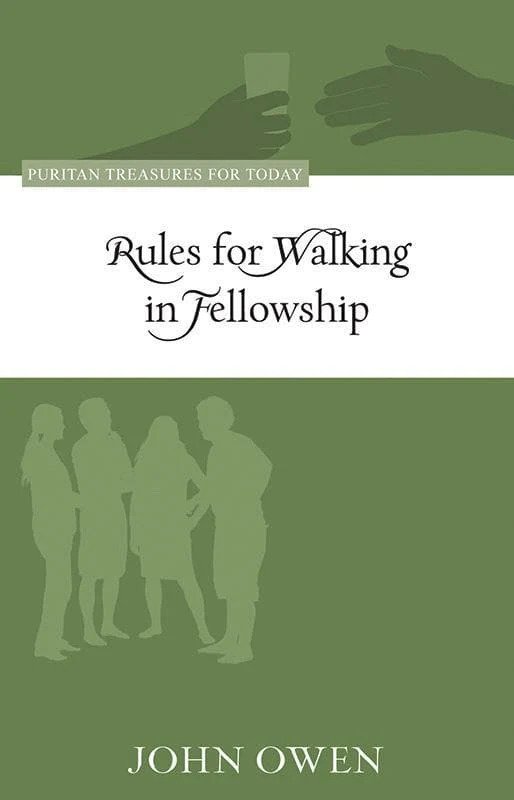Due to the COVID pandemic the church finds itself at an interesting point. Some doomsayers will say we’re at a precipice, but that seems a little extreme to me.
Writing from Melbourne, where long lockdowns in the last two years have had a significant impact, there are tangible changes to church communities that should cause us church leaders to pause.
In some places there has been a drop in weekly attendance, and a significant decrease in volunteers willing to serve the local church and their community. A similar kind of impact has been noticed in wider society too—local sporting clubs, local government programs, and volunteer organisations. People are making choices about what they are involved in on a regular basis, and this includes our churches.
Yet what seems anecdotally clear is that people continue to search for that elusive sense of community. And given the cultural moment we’re in it would be worth us Christian leaders taking the time to think through what this might mean for us and our churches.
People are making choices about what they are involved in on a regular basis, and this includes our churches.
400 years ago John Owen spoke into this particular topic of church life through a 90-page-work, Rules for Walking in Fellowship. Like rocks forming into jewels, often the writings of those who have gone before us provide us with gems we don’t often find in modern writings. Rules for Walking in Fellowship is one such gem, as Owen outlines guidance and wisdom to make church life a tasteful and enjoyable experience for all.

Rules For Walking in Fellowship
John Owen
In Rules for Walking in Fellowship, John Owen supplies struggling congregations with biblical guidelines for making church life in the present a foretaste of heavenly fellowship to come. He discusses both the responsibilities congregations have toward pastors as well as the duties members have toward one another.
Together, Owen presents twenty-two rules for fostering gospel fellowship. Here, then, is a collection of indispensable biblical rules that will challenge Christians in any given congregation, of whatever denomination—doctrinal, practical and ecumenical.
Owen’s writing on fellowship within the body of Christ provides helpful wisdom for us. And to be honest, this is writing like I’ve never read before. Owen gives his readers 22 ‘rules’ for churches to follow to foster community within the local body. I say ‘rules’ because that’s the language he uses but they are more like thesis points or wisdom statements. Each chapter outlines a rule, its scriptural basis, and how it can be applied to the reader. In many ways this book is a practical systematic theology on community or fellowship within the church.
Rules for Walking in Fellowship is divided into two distinct parts. First, Owen outlines rules in relation to the congregation and their pastor. For example, he considers what to pay your pastor or how to stand with them in their trials. In part two Owen gives 14 rules on how church members can love one another. Among other things, we can reflect on how we pray for each other, engage in spiritual conversation, and carry each other’s burdens. In all this Owen is at pains to show that these principles aren’t ones he’s made up. They are encouraged by the Lord through his Word, and are profitable for the body of believers.
“These principles …are encouraged by the Lord through his Word, and are profitable for the body of believers”
Given I have recently moved churches and roles I found it helpful to be reminded of some of the core aspects to church life. For example, Owen reminds church leaders that we are entrusted with the community we are called to lead. Pastors don’t have dominion over their flock but are God’s stewards. Another personal highlight was a chapter on praying for the church. Owen reminds us how central prayer is to church life. We must see it as “the great engine to prevail with the Almighty,” knowing God uses it for good, peace, prosperity and protection—not just in the local church, but the global Church too.
In his introduction Owens writes,
I have designed these pages to recall the minds of men [and women] from the entanglements of controversies about church affairs and encourage them to seriously, humbly perform the duties that are, by the express command of Jesus Christ, incumbent on them in how they should walk.
And in these pages Owen achieves this; helping us understand our role in the church community and encouraging us to encourage others also. Busyness, laziness, and new and disrupted rhythms all threaten to hinder the local church in our day. It is in this space that Owen’s timeless work provides a helpful guide, pointing us to far more ancient yet timeless words:
And let us consider how to stir up one another to love and good works, not neglecting to meet together, as is the habit of some, but encouraging one another, and all the more as you see the Day drawing near. (Heb 10:24-25)















